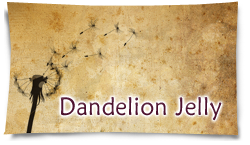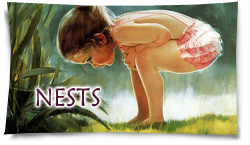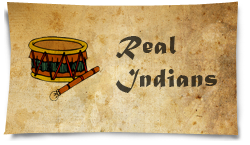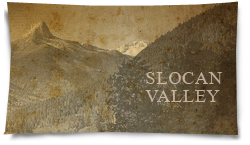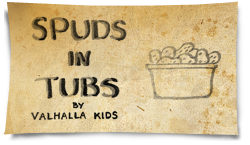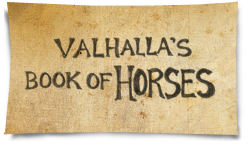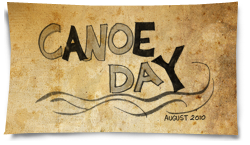

As educators, we observe many "sparks" that slowly or quickly fade away and others that seem to glow brighter and bigger. Then there are those moments when you are in the company of a group connection, a moment when you witness a number of children beginning to connect to the same "learning". Which ones do we fan and which ones do we let fade away? Like that little baby, we too, have figurative "eyes" that connect and based on our own personal "journey of learning" (factors such as our personality, experience, education), we can fan the spark with obvious interest or questions. The project work process has three distinct stages:
Using documentation to capture moments of the children's "journeys of learning" has many positive results:
Referred to as "pedagogical documentations" (Saskatchewan, Sweden, Reggio Emilia in Italy), "learning stories" (New Brunswick, New Zealand), "pedagogical narrations" (B.C.), is a process that makes children's learning visible. Documentations in a wide variety of media provide evidence of the intellectual capacities of young children that checklists and standardized tests can not provide. It also shows the importance and value of children's play in their learning. As our documentations can be in many different forms (writings, illustrations, photographs, audio, video), so too children can share their perspectives of learning with others not only with words but also by their art (painting, drawing, sculpture, music, construction, dramatic play). We remind ourselves here as we share with you, that often it is the children themselves who choose their form of communication. We might be waiting for a clay sculpture and they will put on a puppet show or a synchronized dance for "mother earth". So we dare not hold our breath but be ready for anything and be flexible. The projects that are being shared here on this website are not necessarily "finished" documentations. Like the "Real Indians" project, some take years to reach their point of final reflection while others like "Spuds In Tubs" took five months from beginning to end with the harvest. Projects like "Horse Sense" and "Canoe Day" took one day of exploration and we are yet to revisit. Some of the children have moved on to Kindergarten and others have just begun to attend the centers. We will see what comes, a spark that glows slowly to burn brightly or one that goes out. The "Salmon Speaks" project began with an intensely passionate moment to help the salmon. From that initial moment to the present, the project has been continuing with the personality of the group. Sometimes with quiet concern, other times with a general appreciation of all life on this earth and the expectation that we all should care. Other times, that spark begins to glow with intensity again but in another form and so it continues. We must always remember that the children direct us and remind us that the process is more important than the finished product, the learning happens during the process and maybe while we are still struggling to make things "look nice", they have moved on. On this website's projects, we have tried to share some complexity for inspiration, simplicity for a place of beginning and we hope enough information to support "learning moments". |
|
|
|
|
|
This documentation shares a different way of looking at children's creative processes. It is a perspective that challenges the "finished product" view, the cognitive learnings, instead it directs you to the space of interaction in between child and material. Rather, objects emerge through intra-actions of matter. They are a pause in a journey, a momentary condition between child and material. |
|
A journey towards social change. It addresses issues of learned and observed prejudice in children as young as three years old. What are these perceptions? Where do they come from? How can we approach these issues? |
|
A project that explores the children's own community beginning with the mountains that surround them. It provides an opportunity for questioning, discussing and researching as a group. The strength of focus, and cooperative learning was a high point. This project will be revisited and we will see where it leads from there. |
|
Initially it began as an experiment to see if potatoes can be grown in tubs, how long it would take and how the children would approach all the different aspects of a long-term project. It far surpassed anything we might have imagined. It represents learning in many different ways and curriculum areas.
|
|
|
This was part of the 2010 summer projects the children requested. They wanted to "meet some horses", find out about them and ride one. The book was their opportunity to share what they wanted about horses with stories and pictures. |
|
This also was part of the 2010 summer project. The children wanted "to learn about a canoe". The project was to provide the opportunity for them to experience it: what it looks like, feels like, etc. They also learned canoe safety. Not surprisingly, the whole day was one of adventure, exploration and creating works of art with whatever they found. We invite you into our adventure. |
Valhalla Trails ( A work in progress ) |
|
|
| Home .:. Centers .:. Programs .:. Projects .:. Resources .:. Contact Us |

